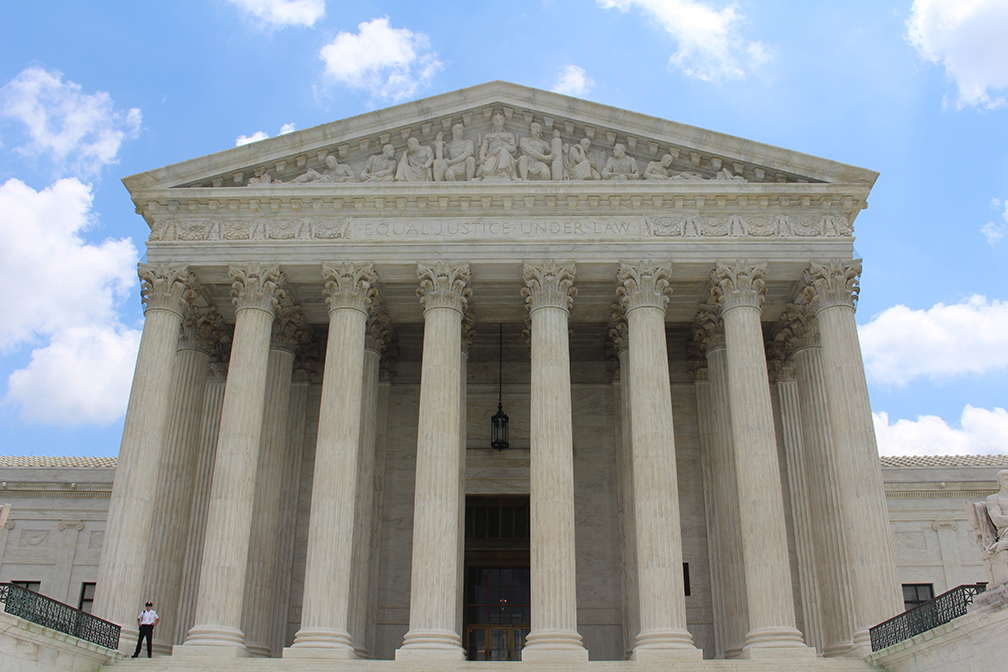In 2018, there were several bills signed into California law that impact workers’ compensation. These laws will have an effect on the workers’ compensation industry in many different ways. An explanation of these new laws and how they will impact California employees and employers can be found below.
If you have been injured in a work-related accident in California and are wondering about how these new laws may impact your case, contact our experienced California workers’ compensation attorneys, Kneisler and Schondel. Our attorneys have many years of experience and the knowledge to help you fight for your legal rights. We stay up-to-date on new laws and developments in the legal industry to give you representation that you can trust.
Licensed Contractors and Workers’ Compensation Insurance Requirements
If you are a licensed contractor, Assembly Bill 2705 may affect you. This bill makes it a requirement that licensed contractors have a valid and current Certificate of Workers’ Compensation Insurance or a Certification of Self-Insurance that is filed with the Contractors State License Board. This bill makes it a misdemeanor for a contractor to fail to comply with this law, and this misdemeanor has a two-year statute of limitations.
Disability Indemnity Payments Can Be Issued Via a Pre-Paid Card
California also passed Senate Bill 880, which gives employers the option to deposit any disability indemnity payments to an injured worker into a pre-paid card account. The employer must have the written authorization of the injured worker in order to do so. This law will only remain in effect until January 1, 2023.
Additionally, this bill comes with certain conditions, which include a rule that allows the injured worker to have reasonable access to ATMs that are in-network, and they must give the injured worker the ability to make purchases and withdraw funds without being charged a fee. The employer must also provide certain data from their pre-paid card program to the Commission on Health and Safety and Workers’ Compensation upon the Commission’s request.
Extended Time Period for Collecting Death Benefits for Peace Officers and Active Firefighters
A dependent of an injured worker who dies as a result of his injury must file a claim for death benefits no more than one year after the death, and within 240 weeks from the date of injury. Before the passing of Senate Bill 1086, a law was in place that extended the time period for death benefits for public safety personnel from 240 weeks after the date of injury to 420 weeks. The original law had a repeal date set for January 1, 2019; however, Senate Bill 1086 removed the repeal date, allowing this law to continue to be in effect without a future repeal date.
California Employers Must Accept Liability for a Peace Officer’s Injuries Even Those Occurring Outside of the State of California
The state of California passed Assembly Bill 1749, which gives employers the ability to accept liability under workers’ compensation for injuries suffered by certain public safety officers that were not acting under the immediate direction of their employers at the time they were injured. Under this law, employers can accept liability for certain public safety members hurt while protecting life or property, apprehending suspects, and preserving the peace in incidents that occur outside of the state of California. Specifically, this bill addresses and includes claims made by public safety officers for injuries sustained during the Las Vegas, Nevada mass shooting that occurred on October 1, 2017. The reasoning behind this law was to give employers the option to compensate injured workers in certain circumstances in which the provision of compensation serves a greater public purpose.
The laws referenced above will impact workers’ compensation in California this year and in the years to come. If you have any questions about how the new laws might impact your workers’ compensation case, contact our attorneys at Kneisler and Schondel today. Contact us at (707) 542-5132 or fill out our online contact form to schedule a consultation regarding your work injury case.

